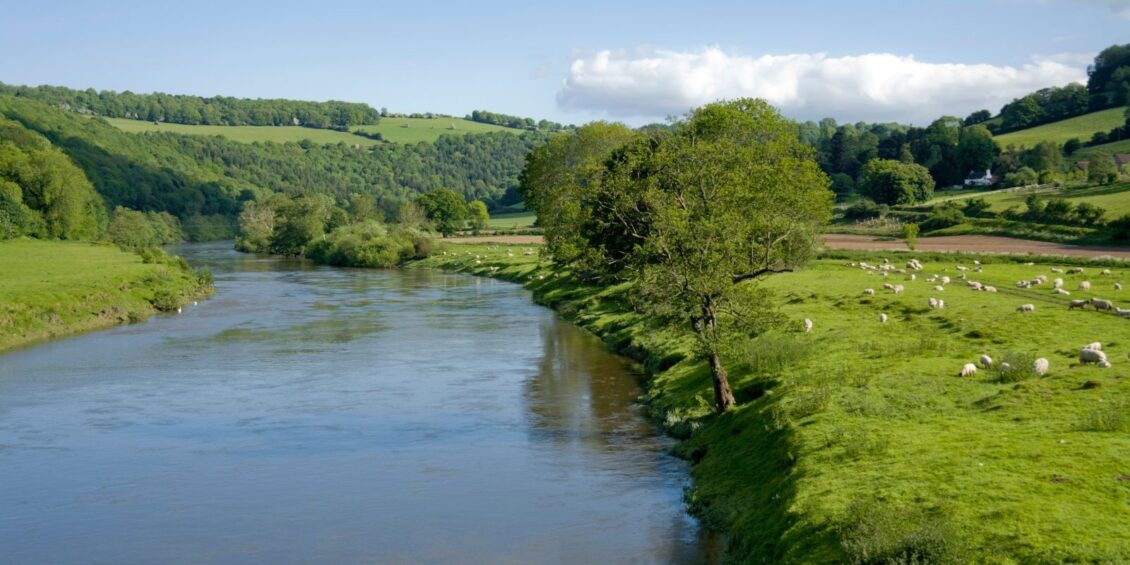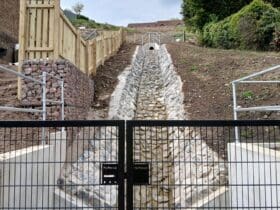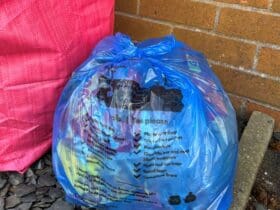Welsh Government have this week confirmed a review into the regulation and enforcement of spreading of organic materials on land in Wales. The objective of the review is to consider the current regulatory frameworks and identify ways in which they – and their application – could be strengthened to improve river water quality.
Alongside this is a specific review of the anaerobic digestion (AD) industry, including its impacts on water quality. These reviews will complement the planned four yearly review of the Control of the Agricultural Pollution Regulations by considering the wider regulatory framework.
The announcement has been welcomed by Afonydd Cymru and Fish Legal, two environmental organisations who have been briefing Ministers about the need to strengthen regulation by Natural Resources Wales and address gaps in planning laws which were allowing the spreading of nutrient-rich digestate to pollute Welsh rivers.
Since March 2023, they have jointly raised questions over whether the current regulatory and planning framework is sufficiently robust and enforced in a way that ensures the spreading of organic material does not pose a threat to rivers and undermines wider Welsh Government ambitions for biodiversity in Wales.
Gail Davies-Walsh, CEO of Afonydd Cymru said: “Afonydd Cymru, Fish Legal and other organisations have been highlighting for some time the environmental damage caused to rivers by gaps in the regulation and planning system when it comes the spreading of organic material. We are very grateful to Welsh Government for listening to these concerns and for widening this review beyond digestate to all organic material, including manures.”
She added: “This is a big step forward in resolving the problem of excess nutrients in Welsh rivers.
Specifically on the review of AD, Penny Gane, Head of Practice at Fish Legal said: “Through legal actions that we’ve taken with anglers, all sorts of gaps in planning and the regulation of anaerobic digesters and the spreading of the nutrient-rich liquor it produces have come to light. We’ve found AD plants that have been operating for years without full planning permission. We’ve found gaps in permits. We’ve found authorities who are responsible for protecting rivers in Wales failing to get to grips with where digestate is spread and its effects on the ecology of some of the most protected river catchments in Wales, such as the Wye and Teifi.”
She added: “We are encouraged that where gaps have been identified, Welsh Government is prepared to look again at the regulatory framework for this technology and its enforcement to make sure that Welsh rivers cannot and will not be polluted with impunity.”
Huw Irranca-Davies MS, Cabinet Secretary for Climate Change and Rural Affairs said: “To complement the planned review of the Agricultural Pollution Regulations, I have asked my officials to review the broader regulatory regimes governing the spreading of all types of organic material and identify how these arrangements could be made more effective.
“We will also be looking closely at implementation of anaerobic digestion in Wales and the scope to make improvements in the value derived from its output and its regulation.”









Leave a Reply
View Comments